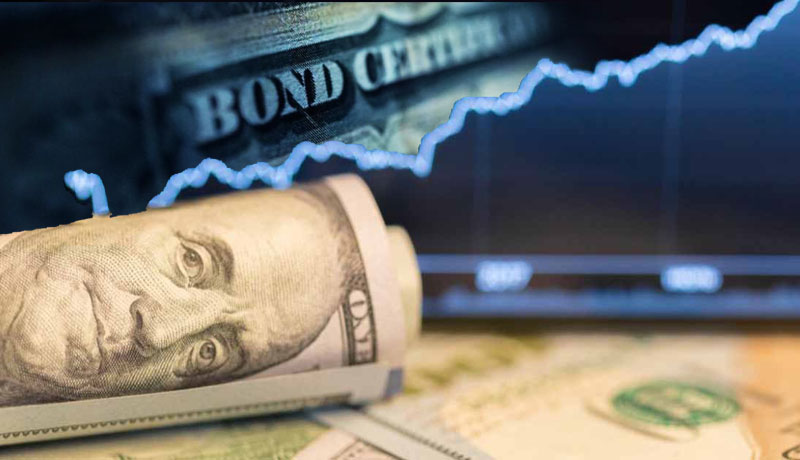DOLLAR INDEX GAINS AS US STOCKS AND BONDS GAIN

The dollar index eased to around 113 on Monday after gaining nearly 1% in the previous session, as traders reassessed the outlook for inflation and interest rates in the US. The greenback jumped on Friday after a University of Michigan survey showed US year-ahead inflation expectations increased for the first time in seven months, fueling concerns about unsustainable price growth after September’s CPI print came in hotter than expected. That has also prompted Federal Reserve officials to signal readiness to raise interest rates higher than previously planned, with St. Louis Fed President James Bullard signaling openness to hike rates by 75 basis points at each of the next two meetings in November and December. Meanwhile, the dollar weakened against the sterling on Monday on expectations that the UK may reverse more of its unfunded tax cuts, while holding steady against the yen as sharp currency moves raised speculations about another intervention from Japanese authorities.
US stock futures tracking the broader market rallied over 1% on Monday, putting Wall Street poised to open in an upbeat mood as investors brace for a busy week of earnings which will provide insight into how businesses are dealing with growing macro headwinds. Bank of America jumped over 3% in premarket trading after reporting quarterly results that surprised investors on the upside. Still, the second-largest US bank joined other big banks, including JPMorgan, in posting a drop in third-quarter profit, signaling a wobble in global financial markets and the effect of tightening monetary conditions. Heavyweight technology names, including Tesla, Netflix, and Snap, will also release quarterly reports later this week. On top of that, the British government's U-turn on its fiscal plan, with newly-appointed Finance Minister Jeremy Hunt's announcing that it will reverse almost all previous tax measures, allowed risk-taking to resume.
The United States 10-year Treasury yield, the benchmark for borrowing costs worldwide, bottomed around 3.95%, moving away from a 14-year peak of 4.10% touched last week. The market movement came along with a sharp rally in gilt markets as investors welcomed the UK's government U-turn on its fiscal plan. New finance minister Jeremy Hunt said the government would reverse almost all the tax changes announced in the mini-budget several weeks ago. Still, market participants continued to worry over high inflation and interest rates and their impact on the economy. Last week, a hot US inflation reading and a report from the University of Michigan showing that US year-ahead inflation expectations rose for the first time since March slashed any hopes of a policy pivot.


